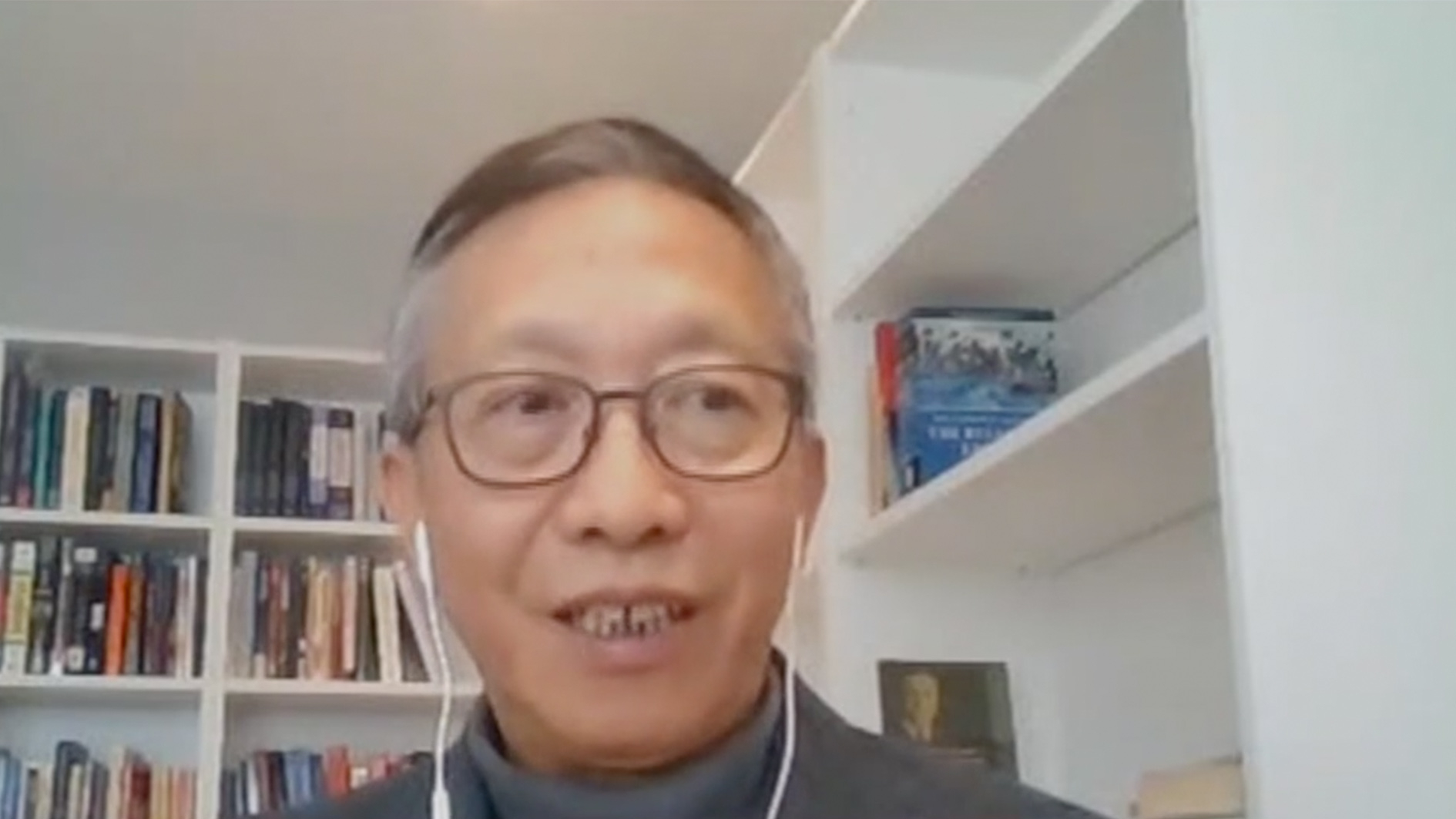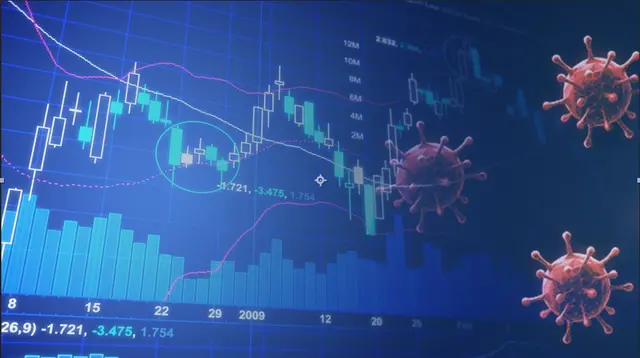01:39

The U.S. first-quarter GDP contracts 4.8 percent, compared to estimates of a 3.5 percent drop, the U.S. Bureau of Economic Analysis reported Wednesday. And this was the largest drop since late 2008, according to U.S. media reports.
Two weeks ago, China just announced its economic figures, which marked its first quarterly decline since 1992, shrinking 6.8 percent from a year earlier.
As the global coronavirus pandemic severely dragged down domestic demand, what measures are needed right now to secure the economy? From China's policy mix to America's massive bailout plans, are government policies helping the businesses and individuals?
At a time of President Donald Trump's pushing for reopening the nation's economy, Anthony Chan, former chase chief economist at J.P. Morgan believes, although the economic damage may exceed the medical risks by the coronavirus, all need to be done "in a very cautious process".
For the Chinese economy, Anthony thinks the recovery is already begun. He predicts China's economic performance in 2020 will slow down on a year-on-year basis. He also pointed out the manufacturing factor is showing great achievements, while the service sector was left behind.
The U.S., however, will perform differently, as Anthony foresees, although the first quarter is weak, "the most deep-hit economic activity will come in the second calendar quarter", with an approximately 35 percent of decline by his forecast, compared with 40 percent drop estimated by Congressional Budget Office, which seems more pessimistic. The U.S. economy will gradually recover after the second quarter, he added.
00:57

He also thinks countries like the U.S. and European nations are seeking a more diversified global supply chain, but China will continue to play an important and useful role in the whole global chain.
Xu Chenggang, professor of economics at Cheung Kong Graduate School of Business, believed although the pandemic is an external factor that has a huge impact on the global supply chain, "geopolitics and diplomacy" is playing a more important role in globalization.
He also warns that only relaxing monetary policy can't really help small-and-medium-sized companies, as in China, almost all the banks are state-owned, and "the lending criteria is very tough".
Apart from monetary stimulus policy, China has also enabled local governments to issue consumption coupons and encourage people to participate in dining, shopping, travel, and cultural activities. While in the U.S., the Trump administration is sending many American households direct cash relief, with 1,200 U.S. dollars per adult for those with adjusted gross incomes of up to 75,000 U.S. dollars. The threshold for married couples is 150,000 U.S. dollars.
Anthony thinks it's a good move, but it may only work once the economy is actually reopened. While professor Xu pointed out his major concern over China's voucher policy is that it can't cover a large population of migrant workers and peasants.
"More than 80 percent of employment comes from SMEs", "to help the recovery, really the key policy should be to help the smaller firms avoiding bankruptcy, actually this is the way to save jobs… at this moment, instead of creating jobs, the most important thing is to reserve the jobs." professor Xu emphasized.
"Dialogue" is a prime time English-language daily talk show on CGTN. The 30-minute program covers a wide range of domestic and international topics, providing a balanced and critical perspective on current affairs and analysis within the framework of cross-cultural and multi-disciplinary comparisons.
Schedule: Monday-Sunday
Time (GMT): 03:30, 11:30, 19:30
(If you want to contribute and have specific expertise, please contact us at [email protected])
 简体中文
简体中文

